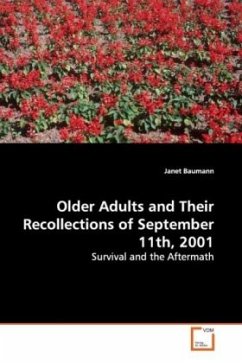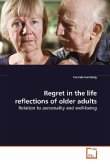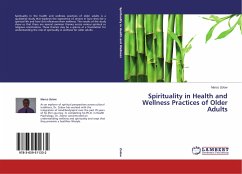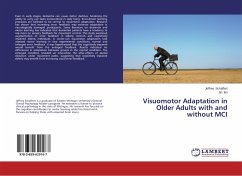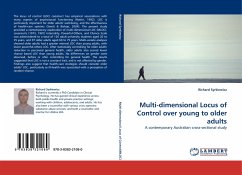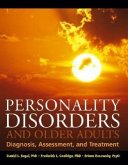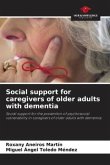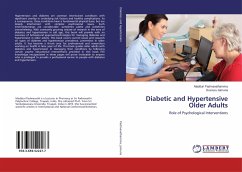The terrorist attacks of September 11, 2001 were
the first attacks on the United States since World
War II and were seen live on television throughout
the world. Approximately 3000 people died in the
attacks on the World Trade Center.
While the psychological reactions of children and
adults have been studied, there has been little
attention to the effects of September 11, 2001 on
older adults. The author provides an in-depth look
at the perceptions and recollections of
September 11, 2001 of 24 seniors attending senior
centers in Lower Manhattan and of how they coped in
the aftermath.
Ninety-two percent of those interviewed
witnessed directly the attacks on the World Trade
Center. Their reactions include horror, disbelief,
denial, numbness, grief, sadness, depression
and anxiety. Their primary ways of coping included
helping others and keeping busy. The majority of
the seniors expressed no longer feeling safe and
having a more permanent sense of vulnerability
since September 11, 2001. The findings offer a
direction for reaching out to seniors, identifying
needs, strengthening existing social support
networks and providing effective treatment
when necessary.
the first attacks on the United States since World
War II and were seen live on television throughout
the world. Approximately 3000 people died in the
attacks on the World Trade Center.
While the psychological reactions of children and
adults have been studied, there has been little
attention to the effects of September 11, 2001 on
older adults. The author provides an in-depth look
at the perceptions and recollections of
September 11, 2001 of 24 seniors attending senior
centers in Lower Manhattan and of how they coped in
the aftermath.
Ninety-two percent of those interviewed
witnessed directly the attacks on the World Trade
Center. Their reactions include horror, disbelief,
denial, numbness, grief, sadness, depression
and anxiety. Their primary ways of coping included
helping others and keeping busy. The majority of
the seniors expressed no longer feeling safe and
having a more permanent sense of vulnerability
since September 11, 2001. The findings offer a
direction for reaching out to seniors, identifying
needs, strengthening existing social support
networks and providing effective treatment
when necessary.

